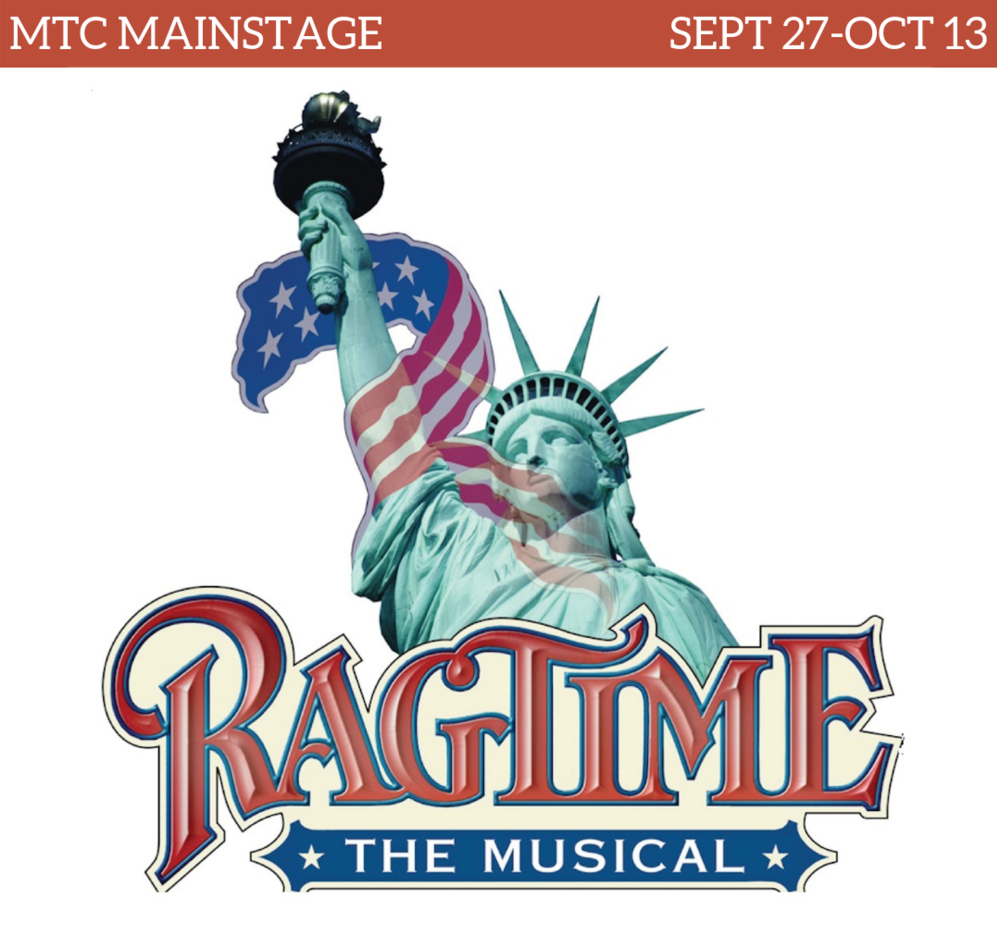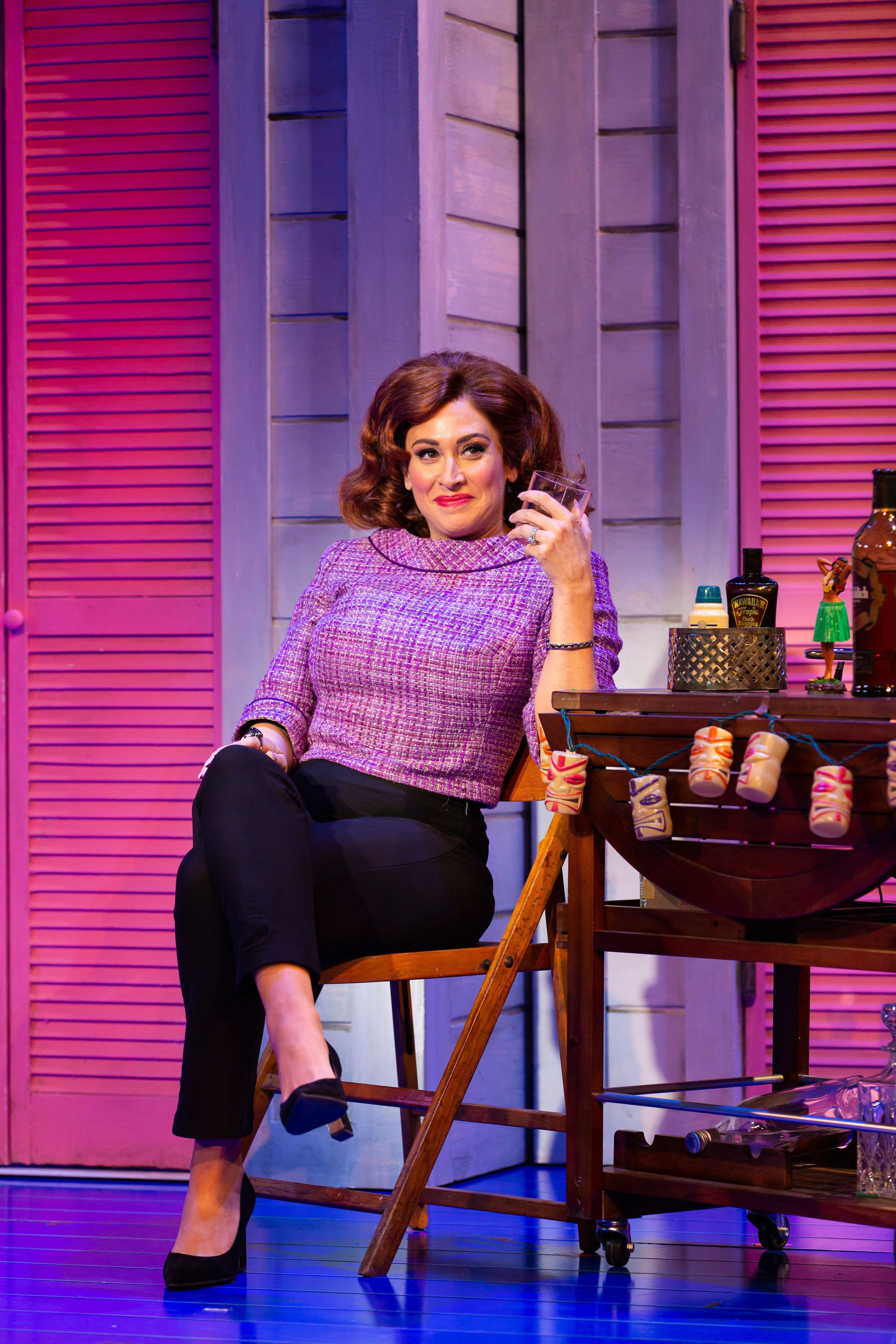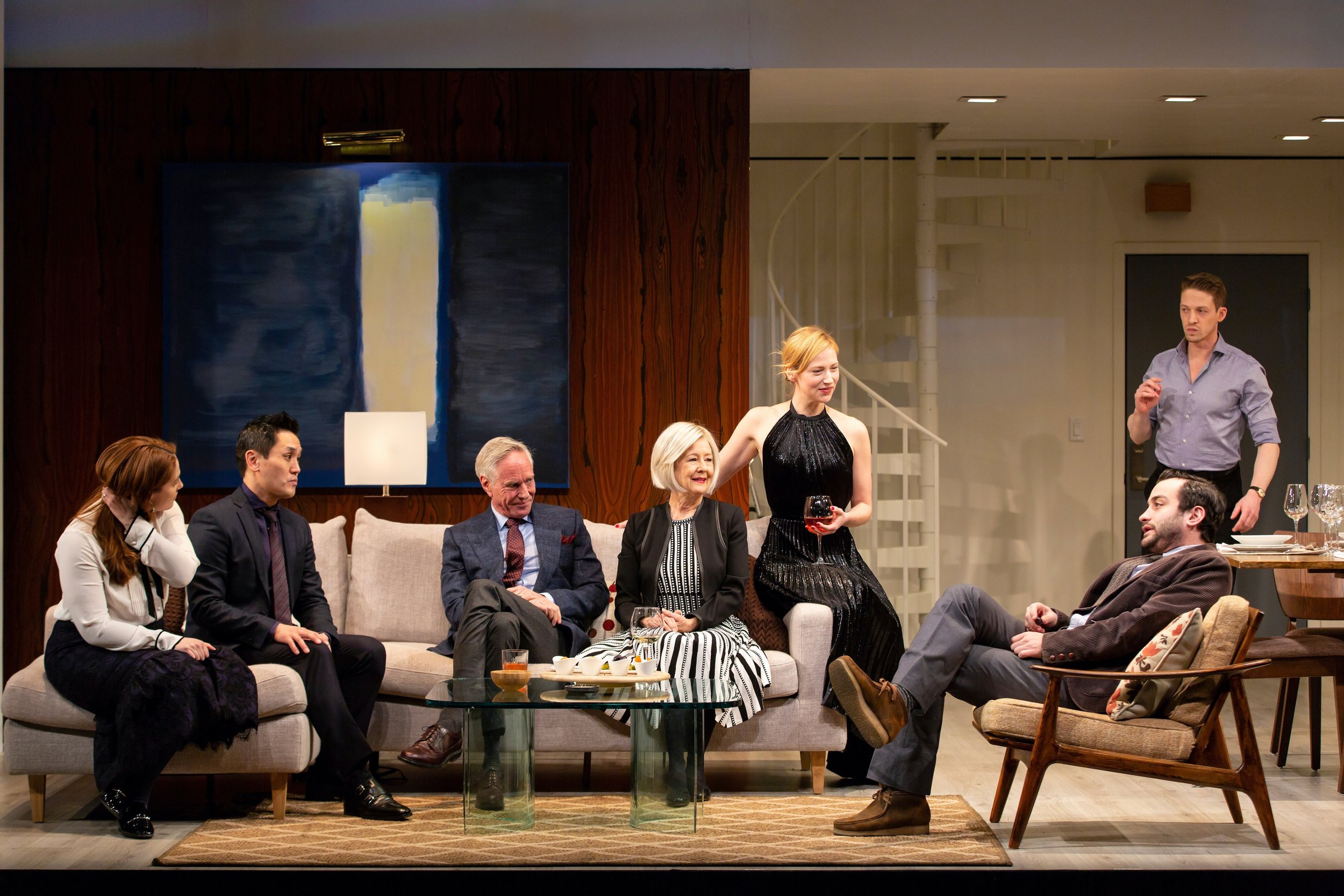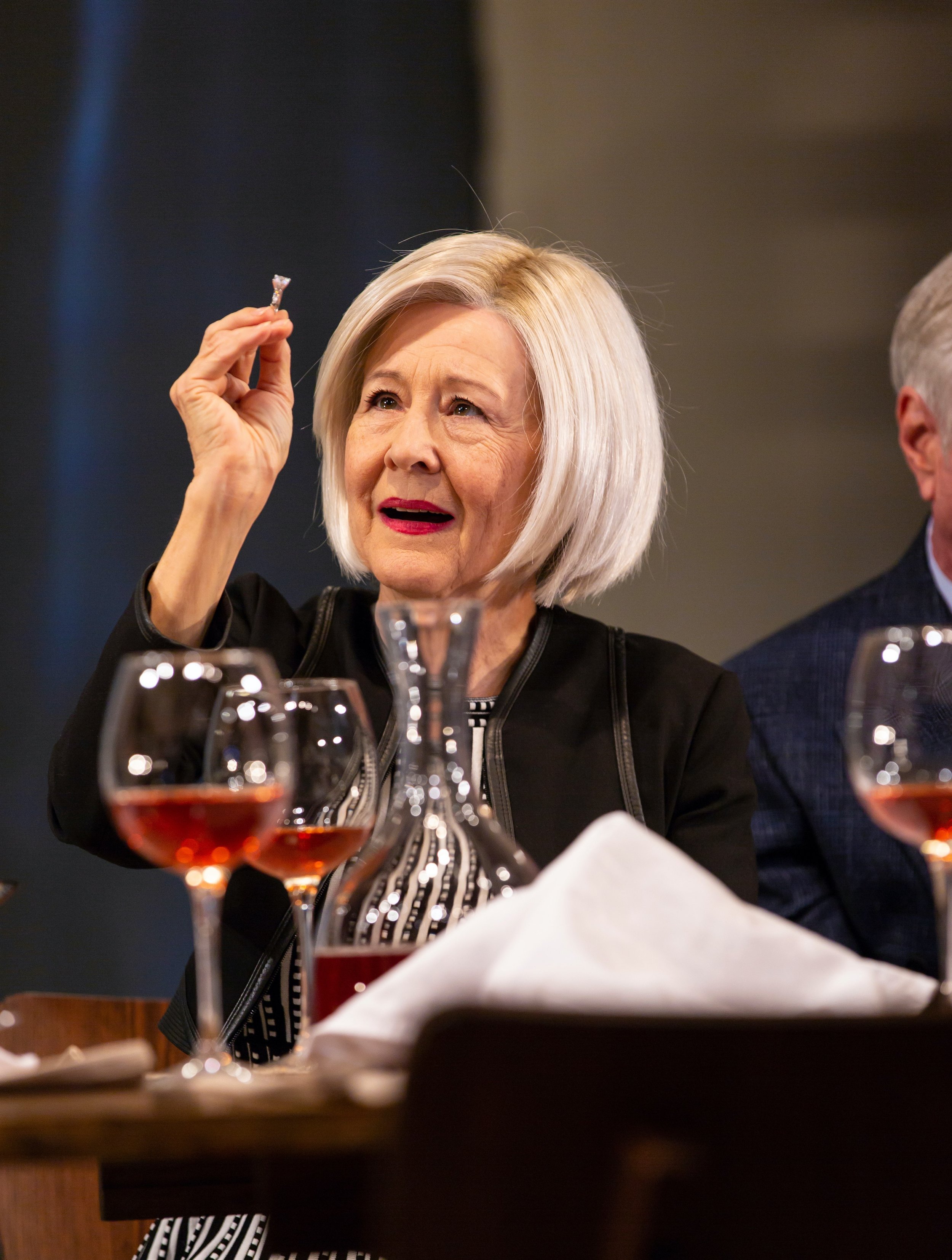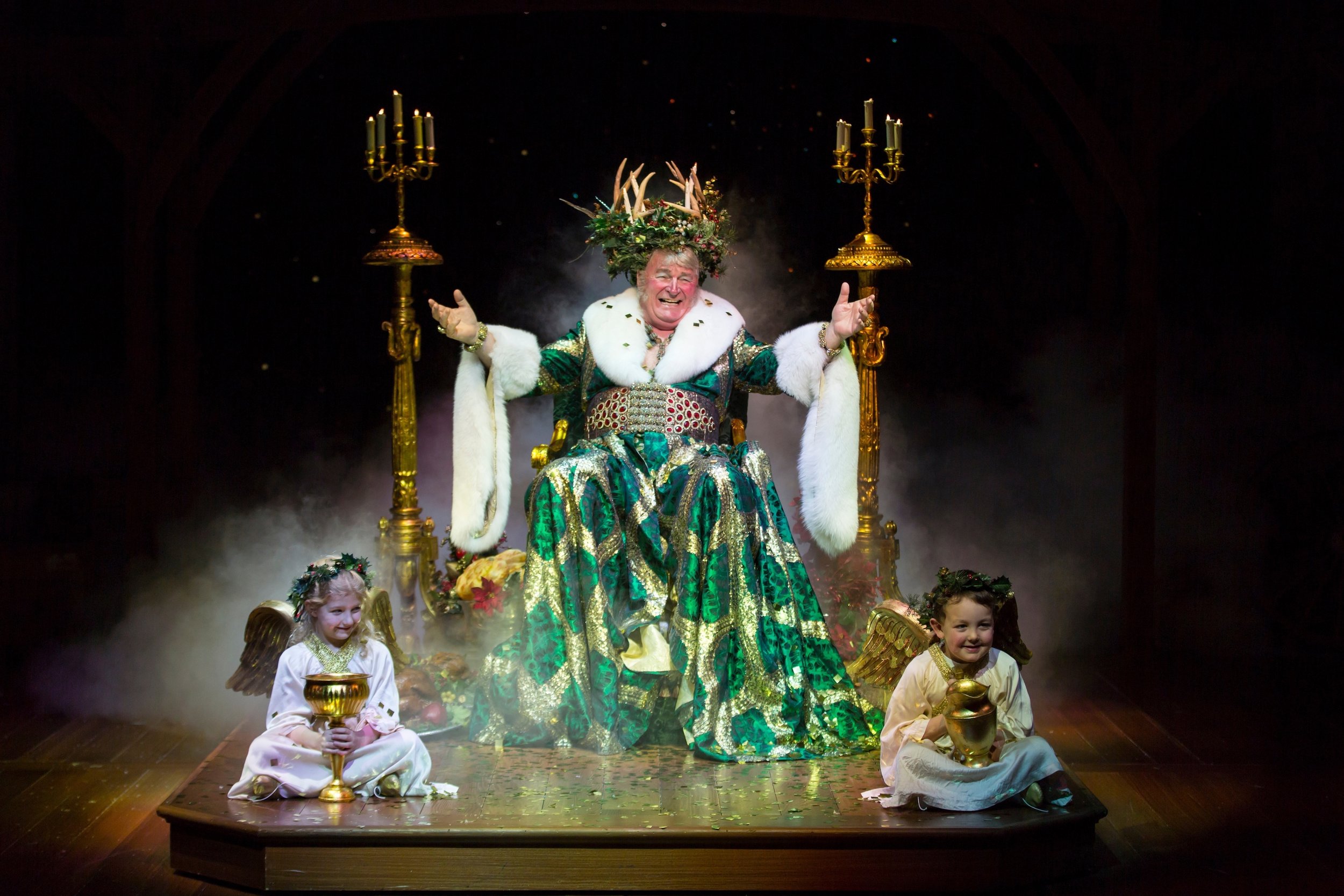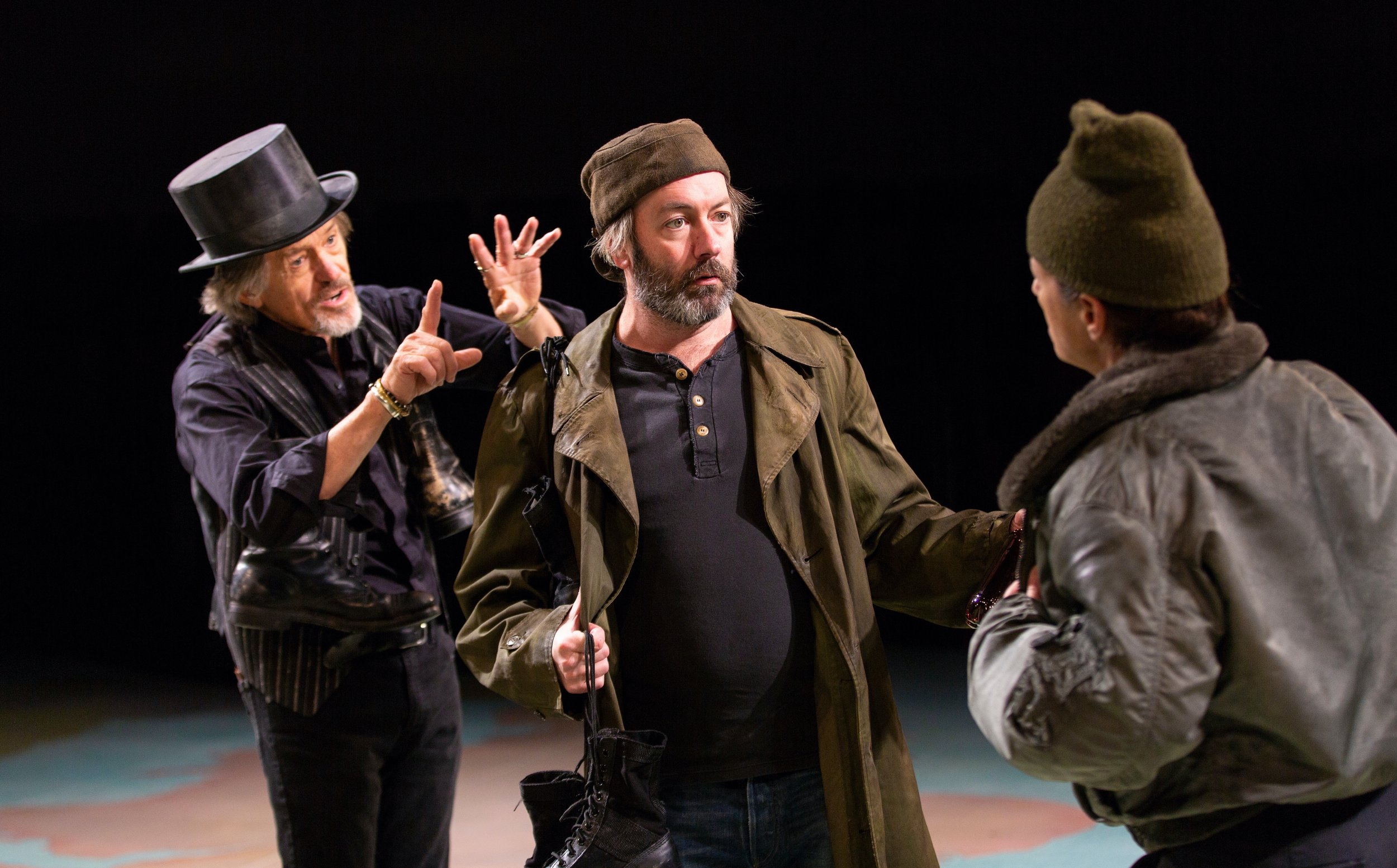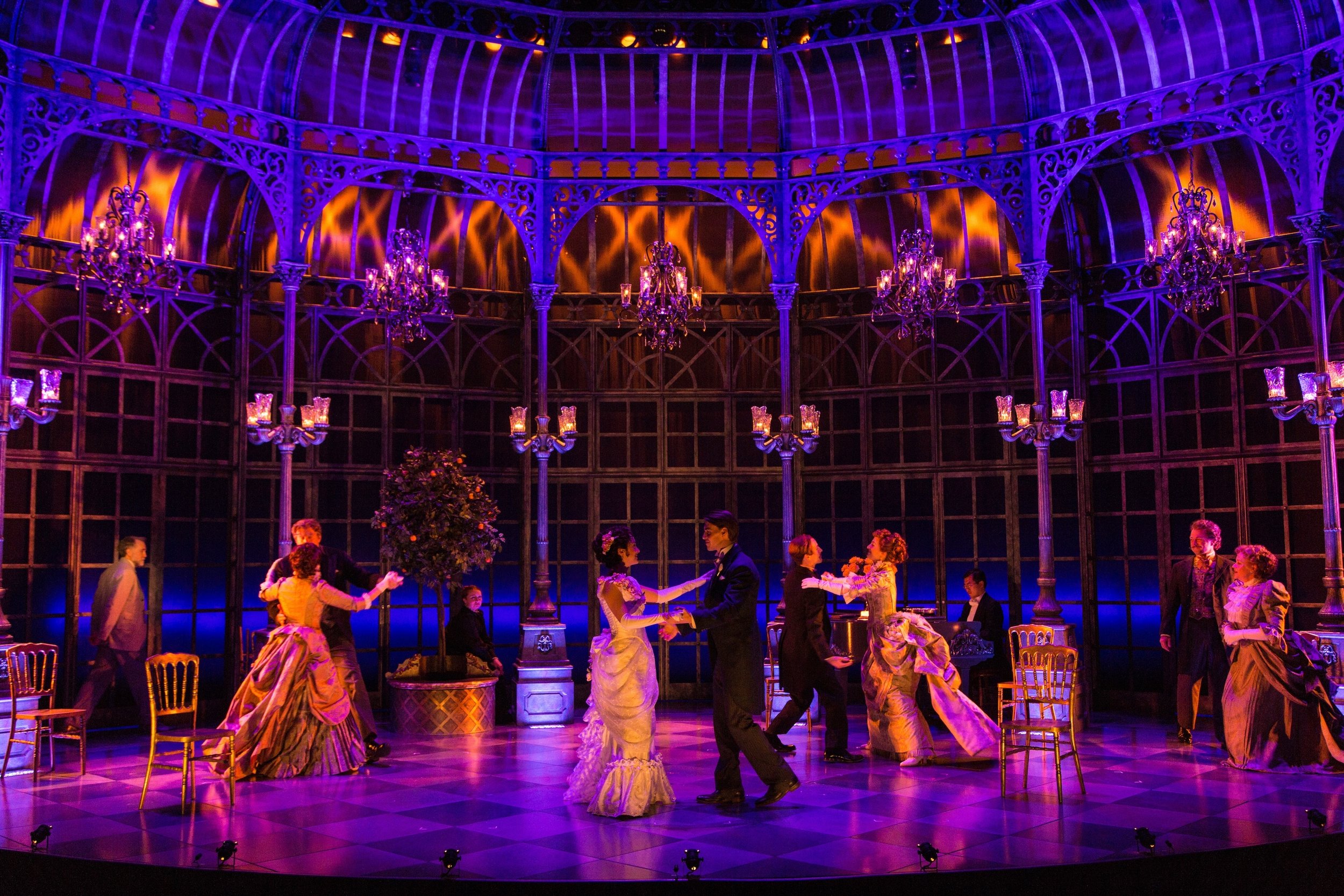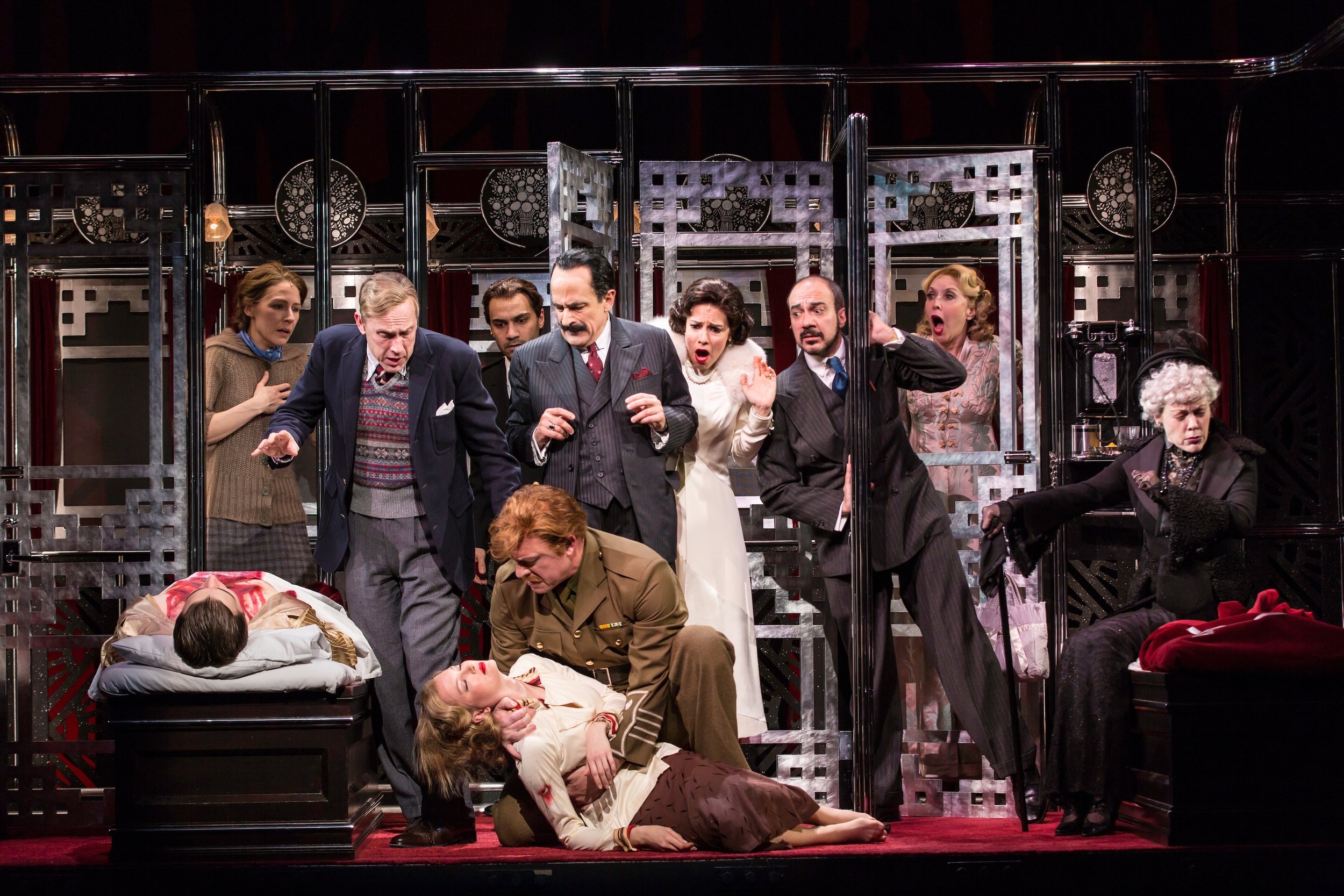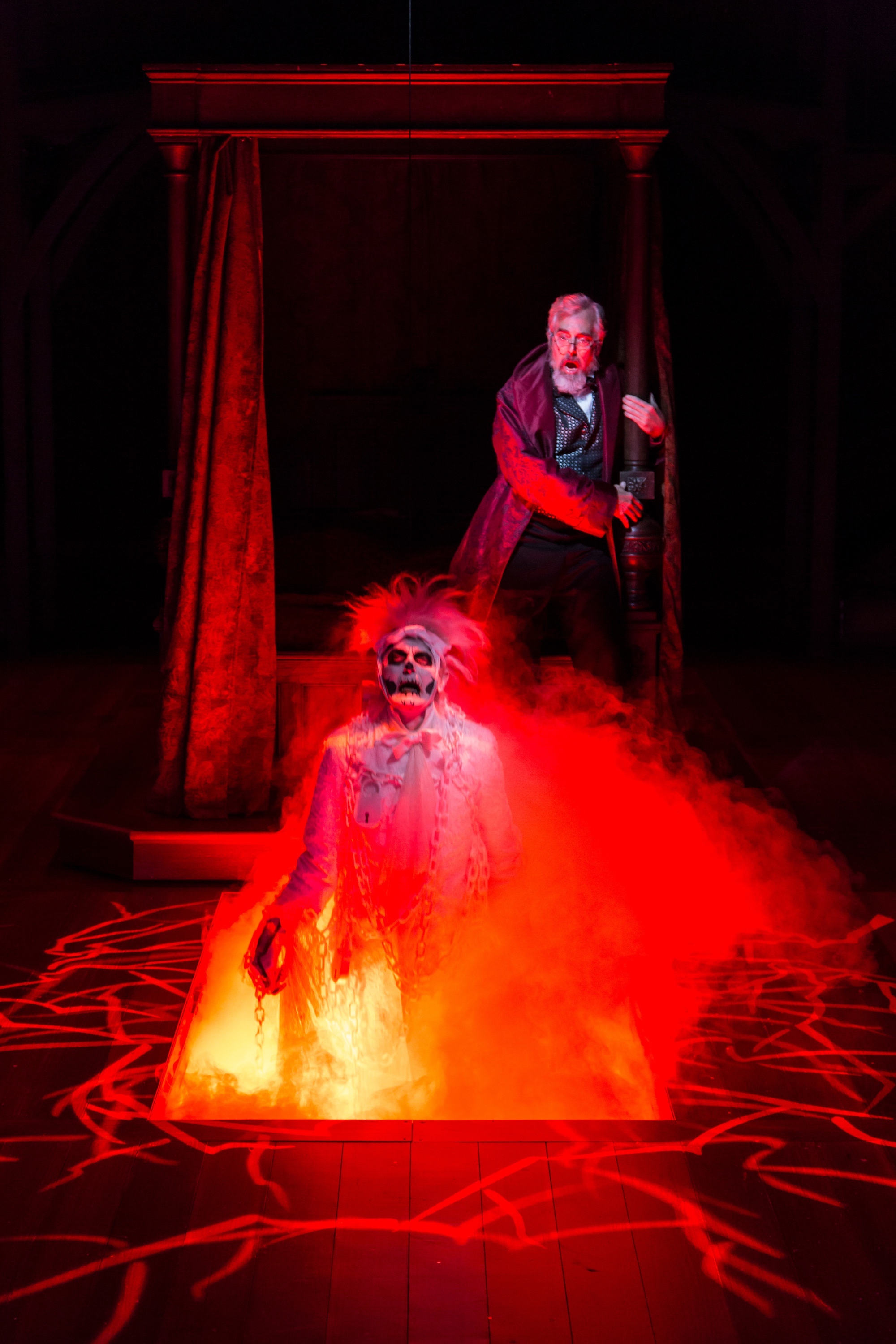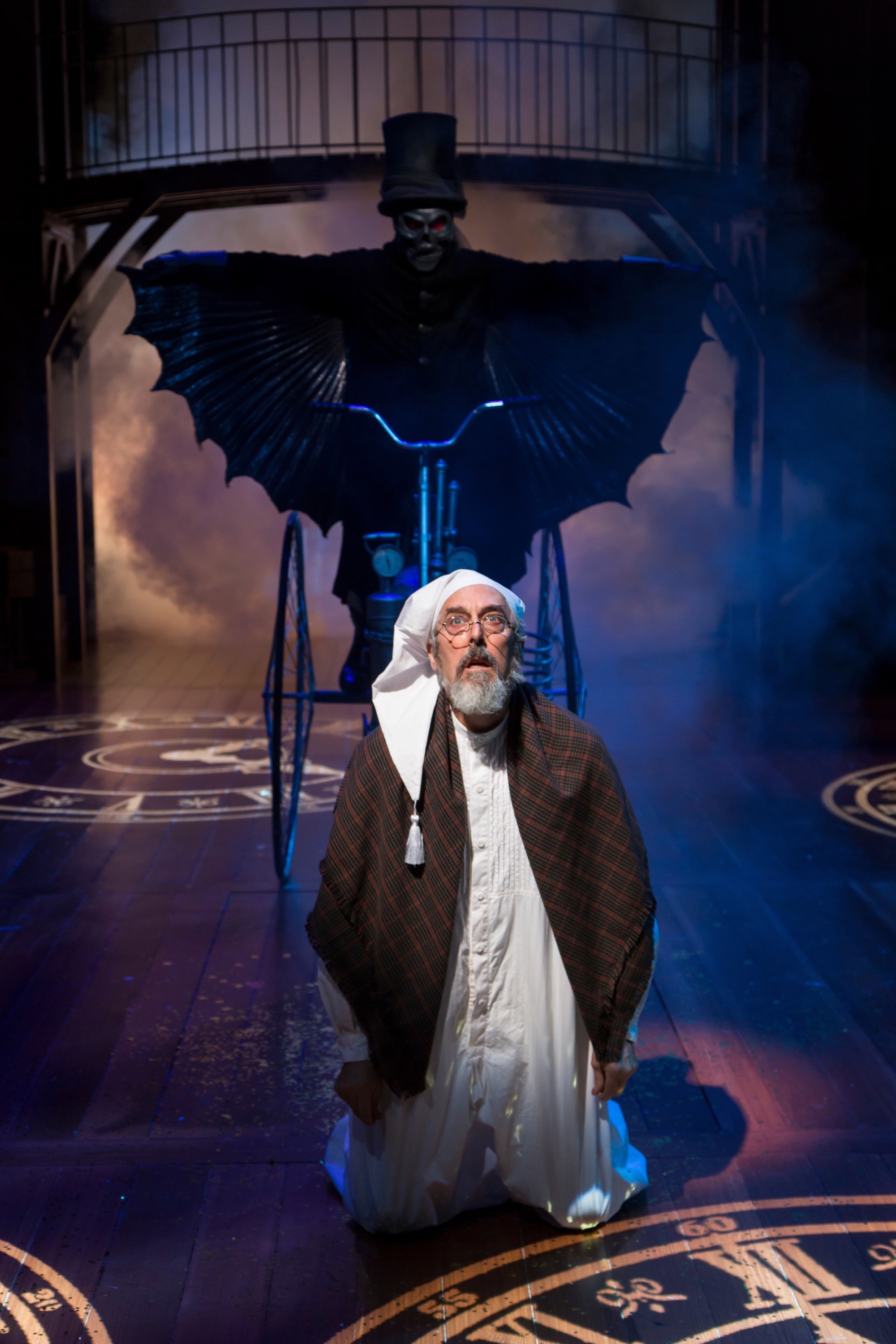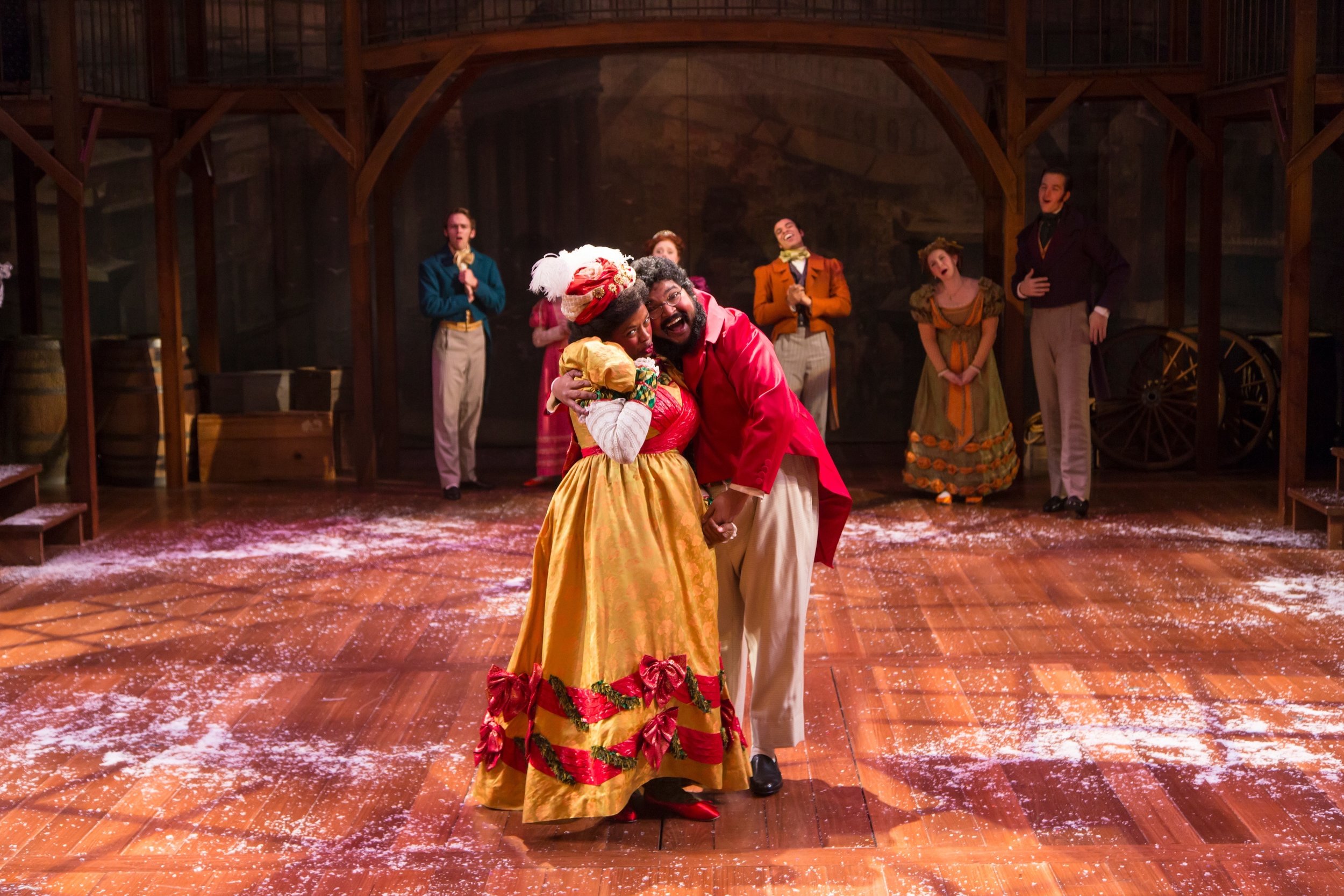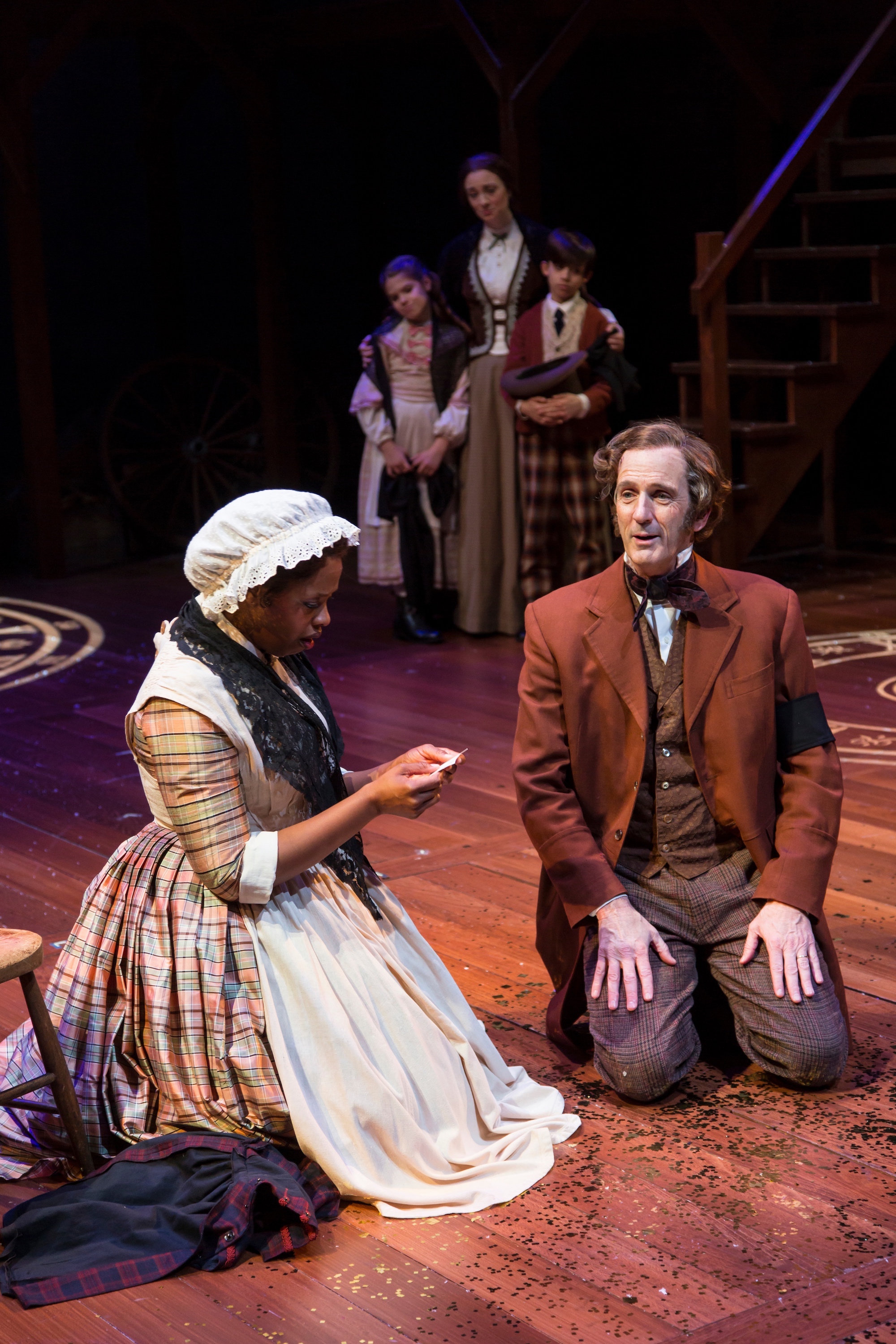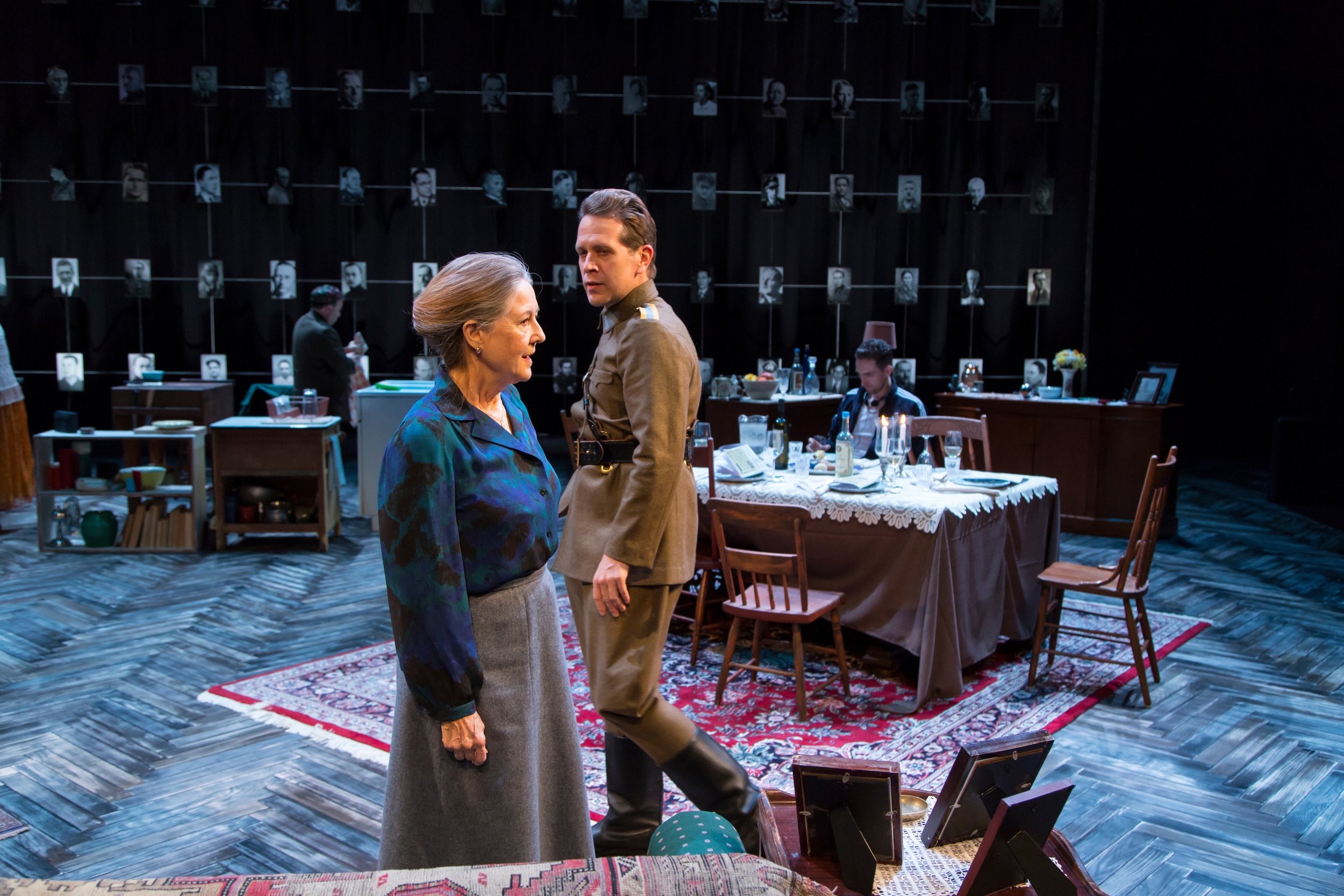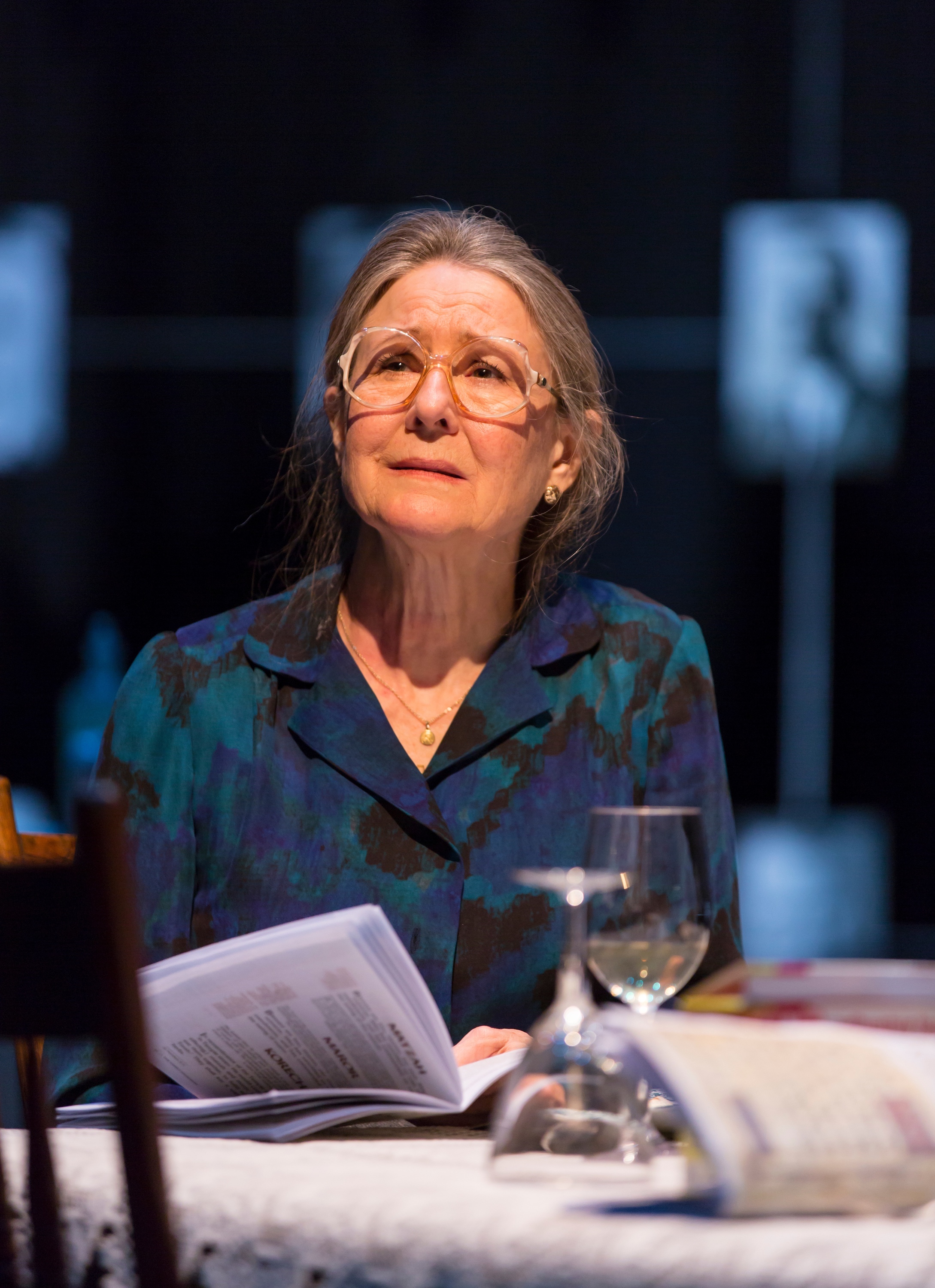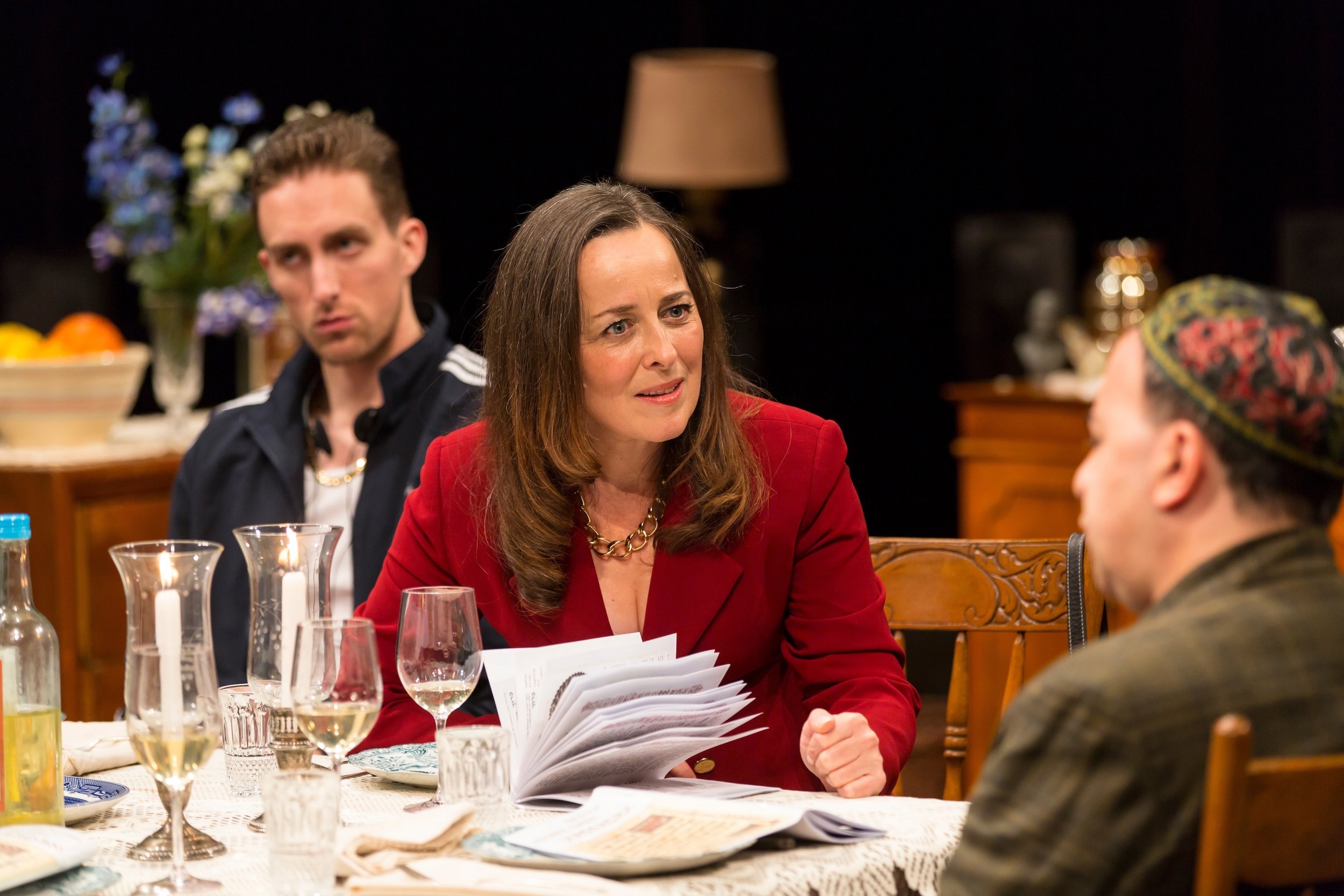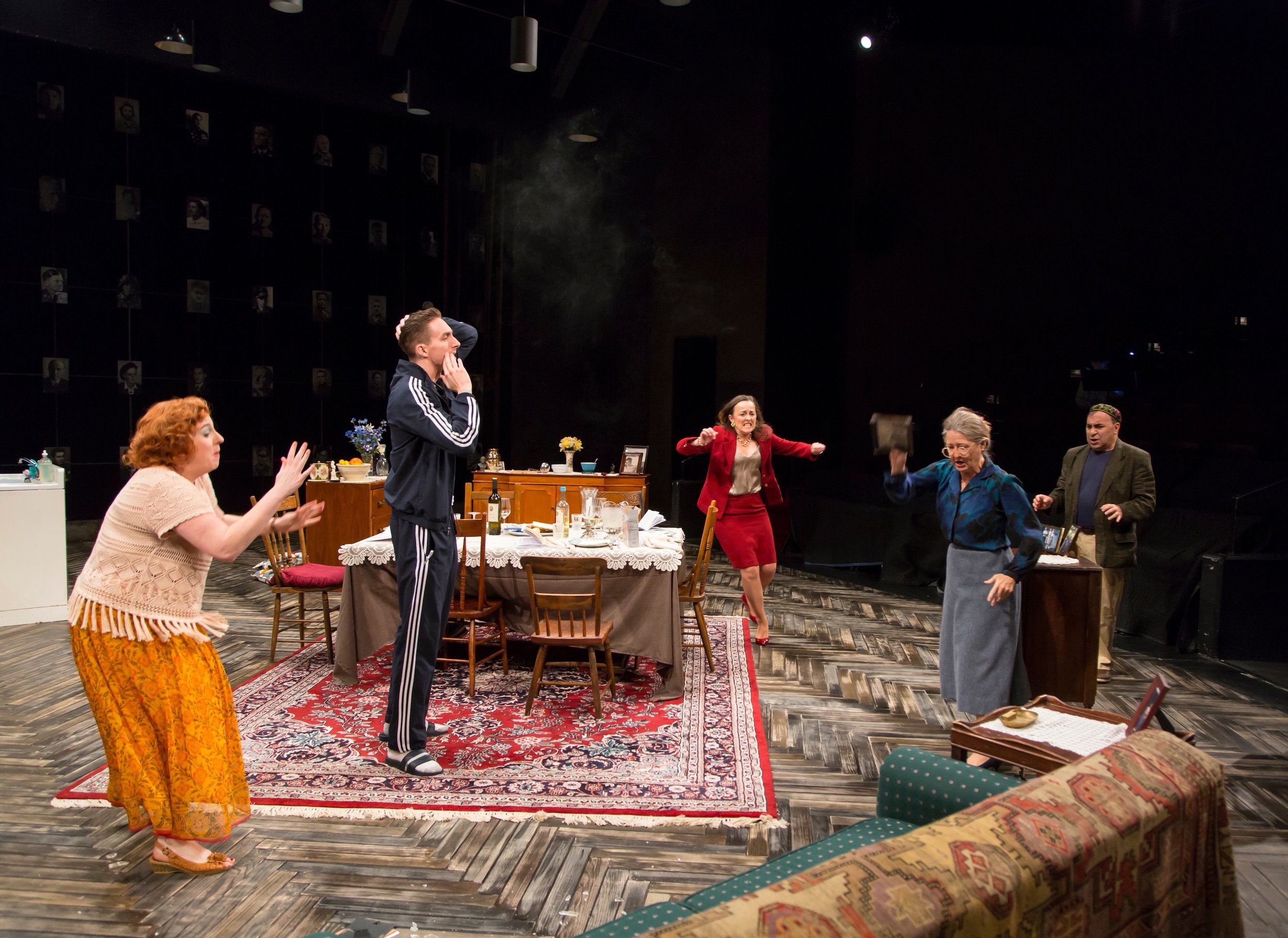What's Next on the Local Theater Scene
2020 has launched and the Connecticut theater season resumes this week.
New Haven:
Local theater troupe The New Haven Theater Company features a staged reading for three nights this weekend—Thursday, January 16 through Saturday, January 18—at English Markets Building on Chapel Street. The work is a new play in development by NHTC member Christian Shaboo. The Three Wisemen is about a young man facing uncertainty in his romantic life who takes to the road with the titular “wisemen”—his longtime roommates—to confront the ghosts of his past. The reading, directed by Shaboo, features NHTC regulars George Kulp (seen this past fall in Retreat from Moscow) and John Watson (last seen in One Flew Over the Cuckoo’s Nest last season), as well as Aleta Staton, who appeared in Doubt in 2015, and newcomers Ny’Asia Davis, Solomon Green, and Eric Rey. For tickets for the limited seating go here.
At New Haven Theater Company this week only!
Tickets are also available for the next full production at NHTC: Steve Scarpa, who directed Our Town, Proof, and Waiting for Lefty and appeared in Middletown, A Public Reading of an Unproduced Screenplay on the Death of Walt Disney, The Seafarer, and Doubt, among others, will direct J. Kevin Smith, who played the title role in Lucas Hnath’s …Death of Walt Disney, and Trevor Williams, who played Randall McMurphy in Cuckoo’s Nest, in Edward Albee’s Zoo Story, for three weekends, February 20-22 and 27-29, and March 5-7. This will be the first rendering of an Albee play by NHTC. (preview)
Yale Cabaret resumes its 52nd season at 217 Park Street this weekend—Thursday, January 16-Saturday, January 18—with a production of Is God Is by Aleshea Harris, directed by third-year Yale School of Drama director Christopher D. Betts. Betts directed the Cab’s season’s bracing opener, Jackie Sibblies Drury’s We Are Proud to Present a Presentation about the Herero of Namibia, formerly known as Southwest Africa, from the German Südwestafrika, between the years 1884-1915 as well as two shows last season. Harris’ play, which was staged at SoHo Rep in 2018, is described as “a modern myth about twin sisters who sojourn from the Dirty South to the California desert to exact righteous revenge against their father in an epic saga” that mixes tropes from “Spaghetti Westerns” and Afropunk culture (review). Next up at the Cab is a brand new musical by third-year sound designer Liam Bellman-Sharpe called Elon Musk and the Plan to Blow Up Mars: The Musical which explores the catchy idea that to prevent the colonization of Mars we must destroy the red planet to save the blue one. Thursday, January 23-Saturday, January 25 (review); for tickets and more information, including dining reservations, go here.
At Yale Cabaret this week only!
The Yale Repertory Theatre returns later this month with its third show of the season: Manahatta, a play by Mary Kathryn Nagle, former Executive Director of the Yale Indigenous Performing Arts Program and a citizen of the Cherokee Nation. In the play, set in 2008, a female descendant of the Lenape tribe—who were forcefully removed from the island of Manahatta by the Dutch in the 1600s—works on Wall Street during the mortgage crisis that opened questions of land ownership—and capitalist greed—anew. Directed by Laurie Woolery, who directed the play in its world premiere at the Oregon Shakespeare Festival in 2018 and directed El Huracán, the Rep’s inventive season opener of 2018-19. Friday, January 24- Saturday, February 15 (review); in previews until Thursday, January 30; for tickets and more information go here.
The third and last show of the Yale School of Drama season plays in early February: Alice, Robert Wilson’s experimental treatment of Alice in Wonderland, with cabaret-style songs by Tom Waits, will be directed by third-year director Ellis Logan. Saturday, February 1-Friday, February 7 (preview) (review); for tickets and more information go here.
At Long Wharf Theatre, the third show of the season runs through February. Directed by Rebecca Martínez, I Am My Own Wife is Doug Wright’s Pulitzer and Tony-winning one-person play about Charlotte von Mahlsdorf, a transgender woman who survives the Nazi and Communist regimes in East Germany. Mason Alexander Park—who has played a variety of genderbending roles such as the Emcee in Cabaret, Dr. Frank-N-Furter in The Rocky Horror Show, and Hedwig in Hedwig and the Angry Inch—plays Charlotte and more than thirty other characters embodied in the role (preview). Wednesday, February 5-Sunday, March 1; in previews until Wednesday, February 12; for tickets and more information go here (review).
Mason Alexander Park
Hartford:
Hartford Stage’s first show of 2020 is in previews and opens this week. Directed by Ron Russell, Pike Street is Obie-winning playwright and actor Nilaja Sun’s solo show in which she plays dozens of roles in a story of struggle, survival and redemption for three generations of a Puerto Rican family on New York’s Lower East Side. In previews since January 9, the show opens on Friday, January 17 and continues through Sunday, February 2 (review); for tickets and more information go here.
Opening night this Friday at Hartford Stage!
Playhouse on Park in West Hartford continues its 11th season with Tenderly: The Rosemary Clooney Musical which features Susan Haefner, who originated the title role, as Rosemary Clooney. The show by James Yates Vogt and Mark Friedman is directed by Kyle Brand, who directed an energetic Avenue Q at Playhouse on Park in 2017, and depicts both the successes and struggles of Clooney’s long career, including such signature hits as “Come On-a My House,” with music direction by Robert James Tomasulo and choreography by MK Lawson. Previews are tonight—January 15—and tomorrow night with the opening reception on Friday, January 17; the show runs until Sunday, February 2; for tickets and more information, go here.
TheaterWorks returns at the end of the month with its second subscription show of the season. The Lifespan of a Fact by Jeremy Karekan & David Murrell and Gordon Farrell is a CT premiere and the play was a NYTimes Critics’ Pick during its Broadway run in 2018. Directed by Tracy Brigden, who directed the delirious Hand to God at TheaterWorks in 2018, the play is a comedic treatment of the “current media tug of war” about so-called “fake news” and the way in which spin affects the status of facts. The three-person cast features actors with CT work in their resumés: Nick LeMedica starred in TheaterWorks’ Hand to God; Tasha Lawrence starred in A Doll’s House, Part 2 at TheaterWorks in 2019 and in The Roommates at Long Wharf in 2018, and Rufus Collins was in Long Wharf’s The Old Masters in 2011. Thursday, January 30 to Sunday, March 8; Press night: Thursday, February 8 (review); Pay-What-You-Can: Thursday, January 30 and Wednesday, February 5; All-Free Student Matinee: Saturday, February 8; for tickets and more information go here.















